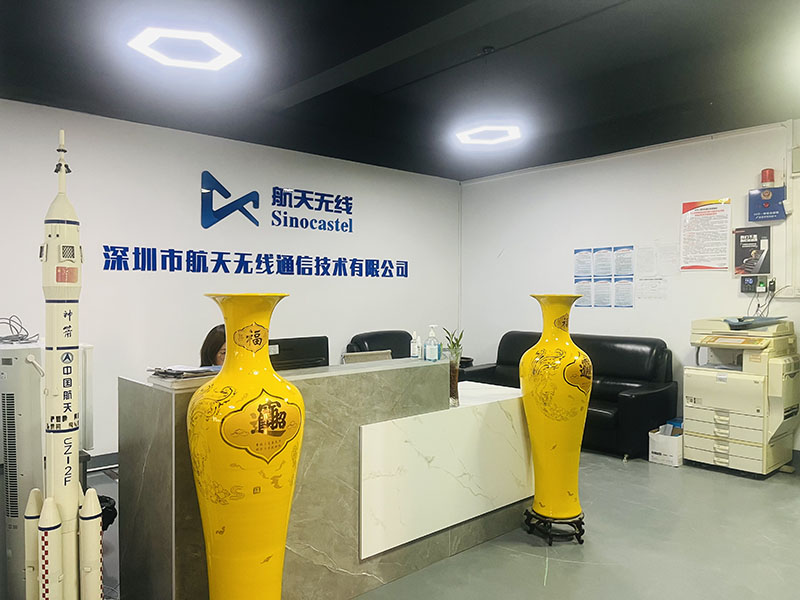Telematics Industry

In the realm of connected vehicles, both OBD (On-Board Diagnostics) and GPS trackers play vital roles in enhancing fleet management and operational efficiency. OBD systems provide real-time data on vehicle health, performance metrics, and diagnostic trouble codes, allowing fleet managers to monitor vehicle conditions and address maintenance issues proactively. This helps in minimizing downtime and extending vehicle longevity.
GPS trackers complement this by offering precise location tracking and route optimization. Fleet managers can monitor the whereabouts of their vehicles in real-time, ensuring timely deliveries and streamlined logistics. This tracking capability enhances route planning, reducing fuel consumption and travel time.
The integration of OBD and GPS technologies within the Internet of Things (IoT) framework significantly elevates fleet management practices. By analyzing data collected from these systems, businesses can identify trends, improve decision-making, and enhance overall operational efficiency. This synergy leads to reduced operational costs, improved driver performance, and heightened safety standards. As a result, connected vehicle technologies are transforming fleet management into a more agile and data-driven process, paving the way for smarter and more efficient transportation solutions.


